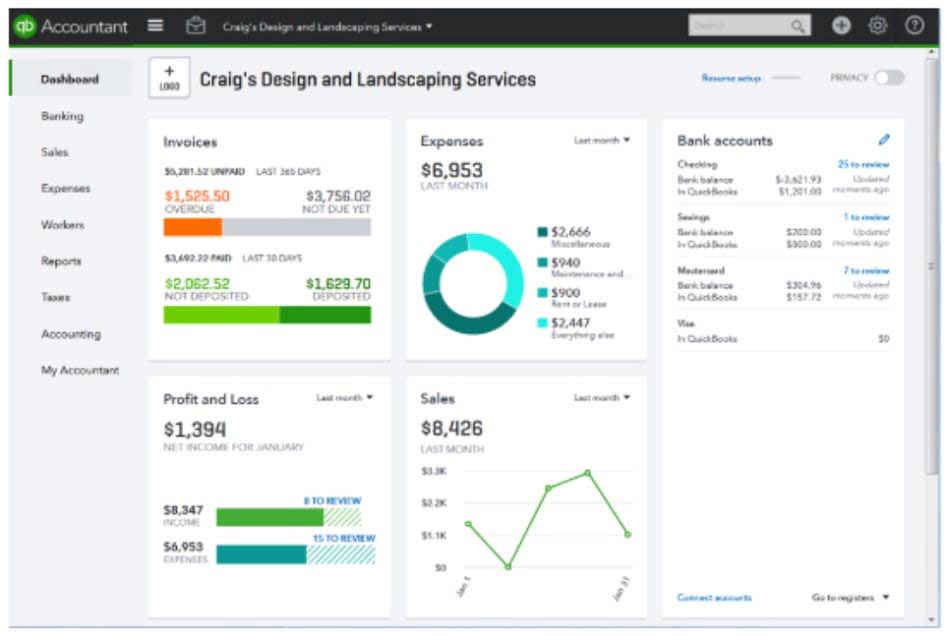
There are actually some benefits to have checks outstanding as well, though. Writing checks makes it possible for organizations and individuals to make payments without requiring instantaneous cash or electronic transactions to be completed. Checks that linger only buy the company more time to gather up enough resources for payment to clear if more time is needed. Outstanding checks also have the risk of being used in fraudulent conduct.

Communicating Outstanding Checks to Payee
- A financial professional will offer guidance based on the information provided and offer a no-obligation call to better understand your situation.
- The funds have been earmarked to be deducted from their bank account, even though the actual cash hasn’t been withdrawn yet.
- Make sure that payees have access to the right contact information so that they can get in touch with you or your designated representative regarding any questions, issues, or changes relating to the overdue check.
- We answer your questions about this financial term and what to do when managing an outstanding check.
- Business owners know that outstanding checks might take weeks or months to get cashed.
You can tell if a check is outstanding by reviewing your online bank account. From there, you can confirm whether or not the check has been processed. Alternatively, you can contact your bank directly with the check number and ask them to confirm.
How confident are you in your long term financial plan?

The payor is the entity who writes the check, while the payee is the person or institution to whom it is written. An outstanding check also refers to a check that has been presented to the bank but is still in the bank’s check-clearing cycle. An unpresented check (or outstanding check) is a check that has been issued or drawn by the depositor but not outstanding check definition presented to the bank for payment until the date that the bank statement is issued. If a payee receives a check and does not present it for payment at once, there is a risk that the payer will close the bank account on which the check was drawn. The payee’s bank will then reject the check due to not sufficient funds, and will charge the payee a fee.
Benefits of Outstanding Checks
By keeping a close eye on outstanding checks and reconciling them regularly, companies can ensure the integrity of their financial records and effectively track their cash flow. In the world of accounting, an outstanding check refers to a check that has been issued by a company but has not yet been presented to the bank for payment. bookkeeping These checks represent an ongoing financial obligation for the company until they are cashed or deposited. Additionally, the issuer must regularly contact the payee to inquire about the status of the check.

Overall, the consequences of not https://www.bookstime.com/ managing outstanding checks can be detrimental to the financial well-being of a business. By understanding and addressing these common causes, businesses can actively manage outstanding checks and maintain accurate financial records. Regular monitoring, diligent record-keeping, and effective communication with payees and banks are key to minimizing outstanding checks and ensuring financial stability. Overall, understanding the concept of outstanding checks is crucial for accurate financial reporting and cash management.
